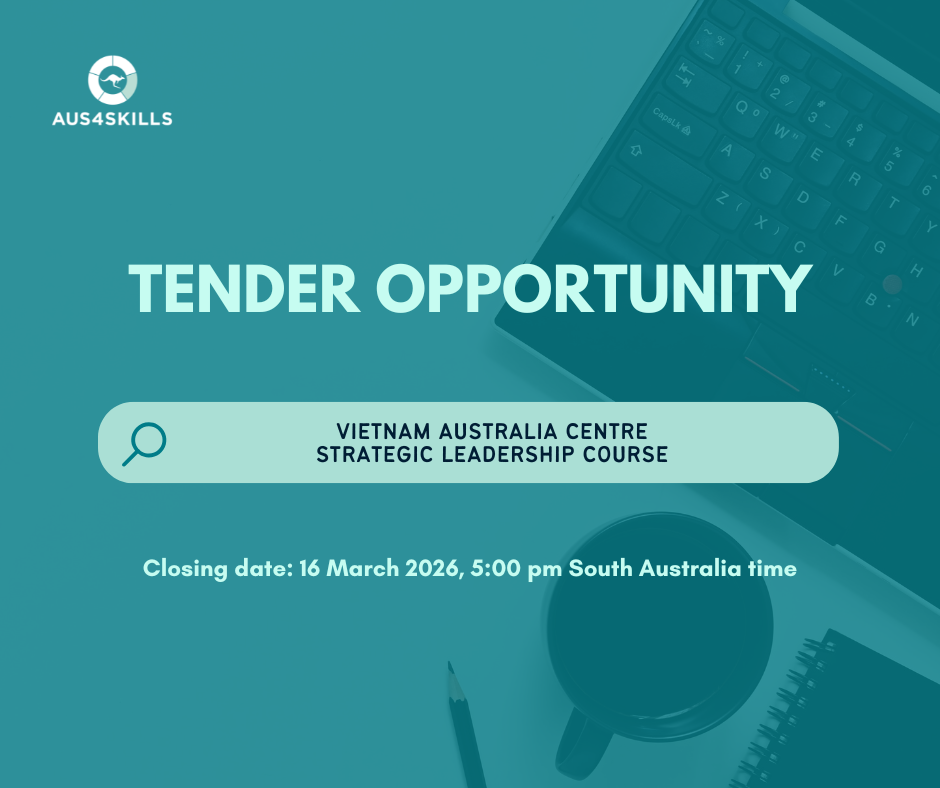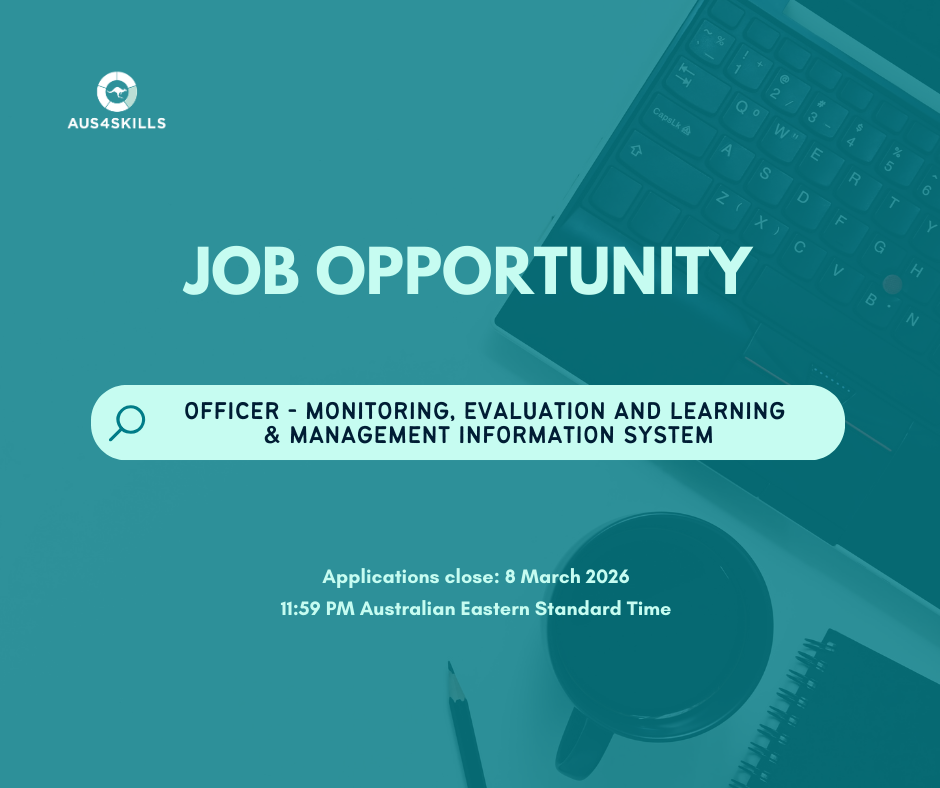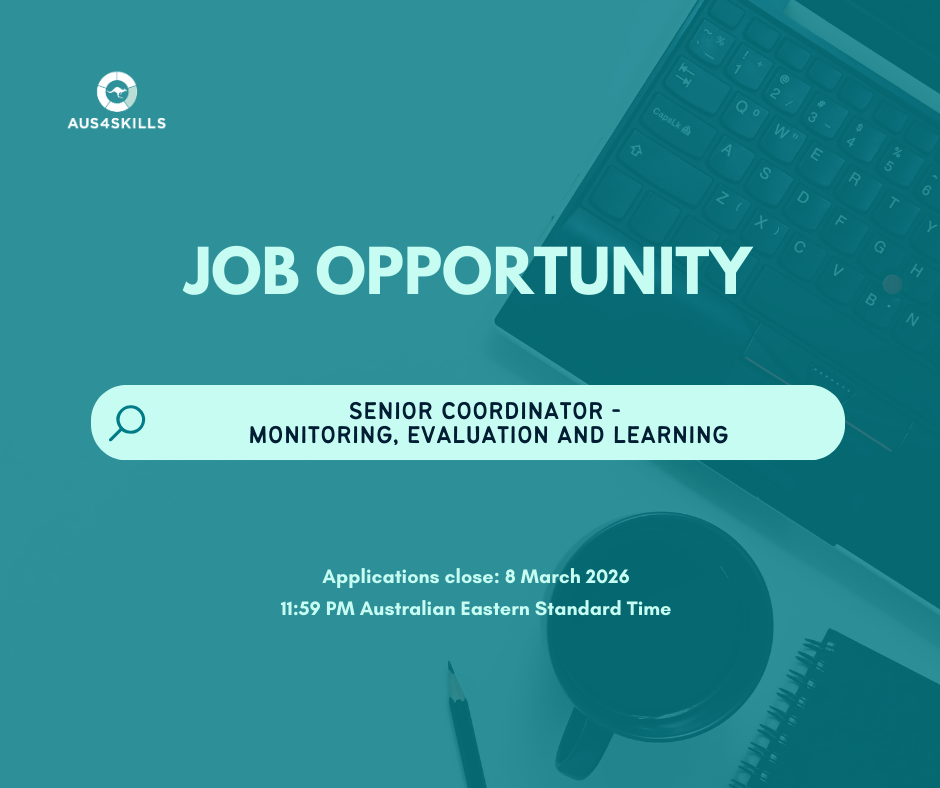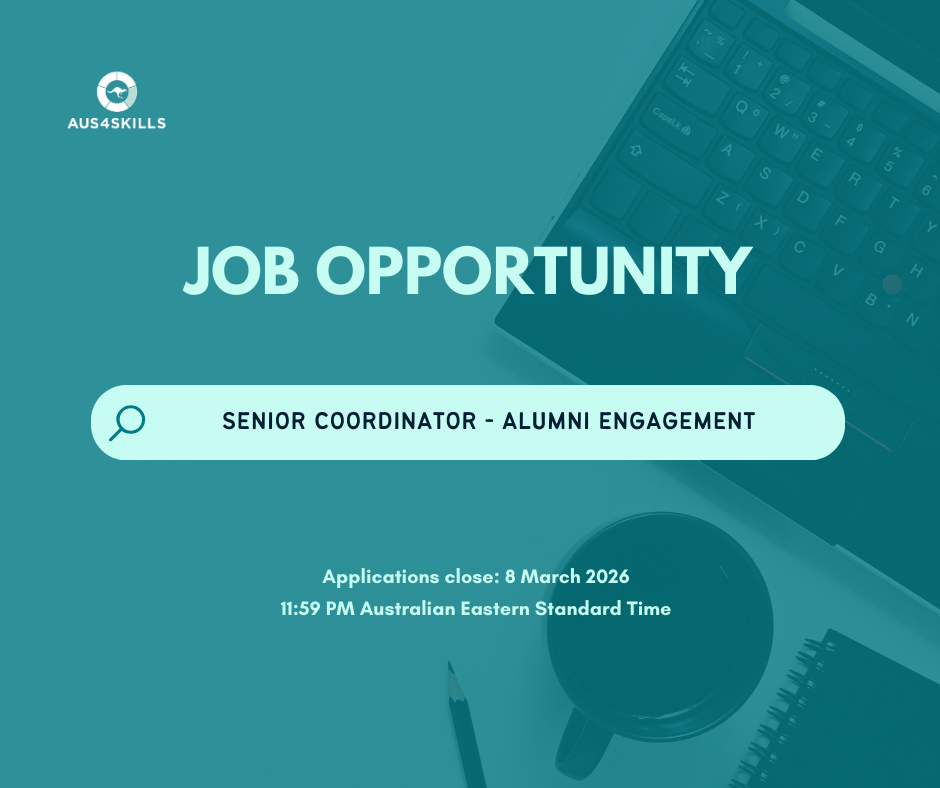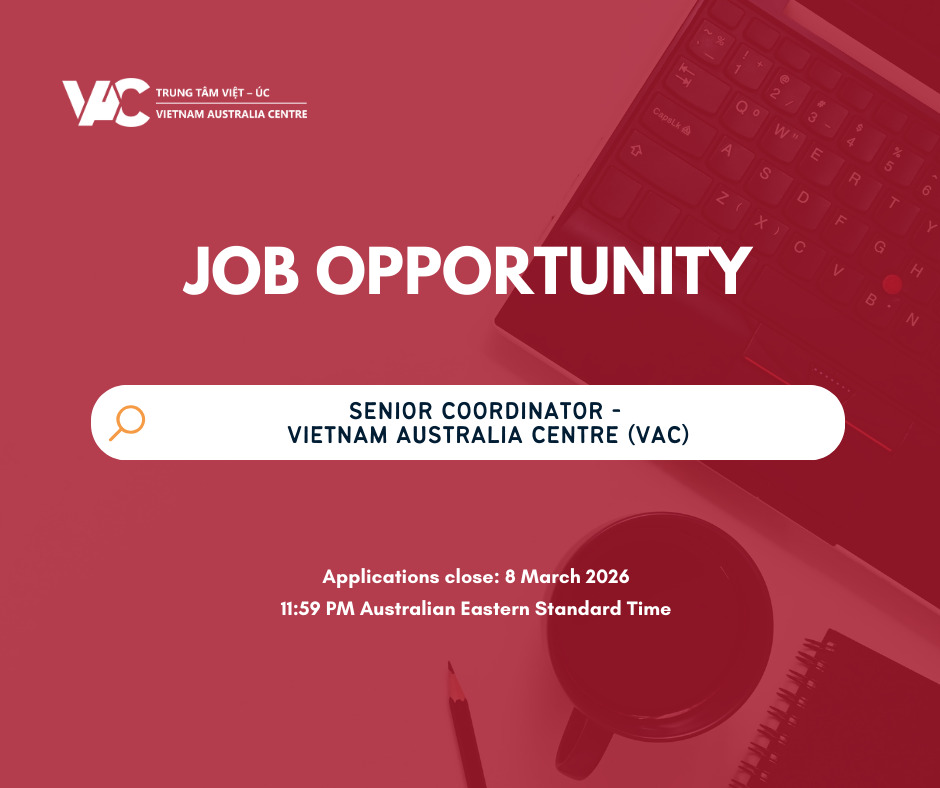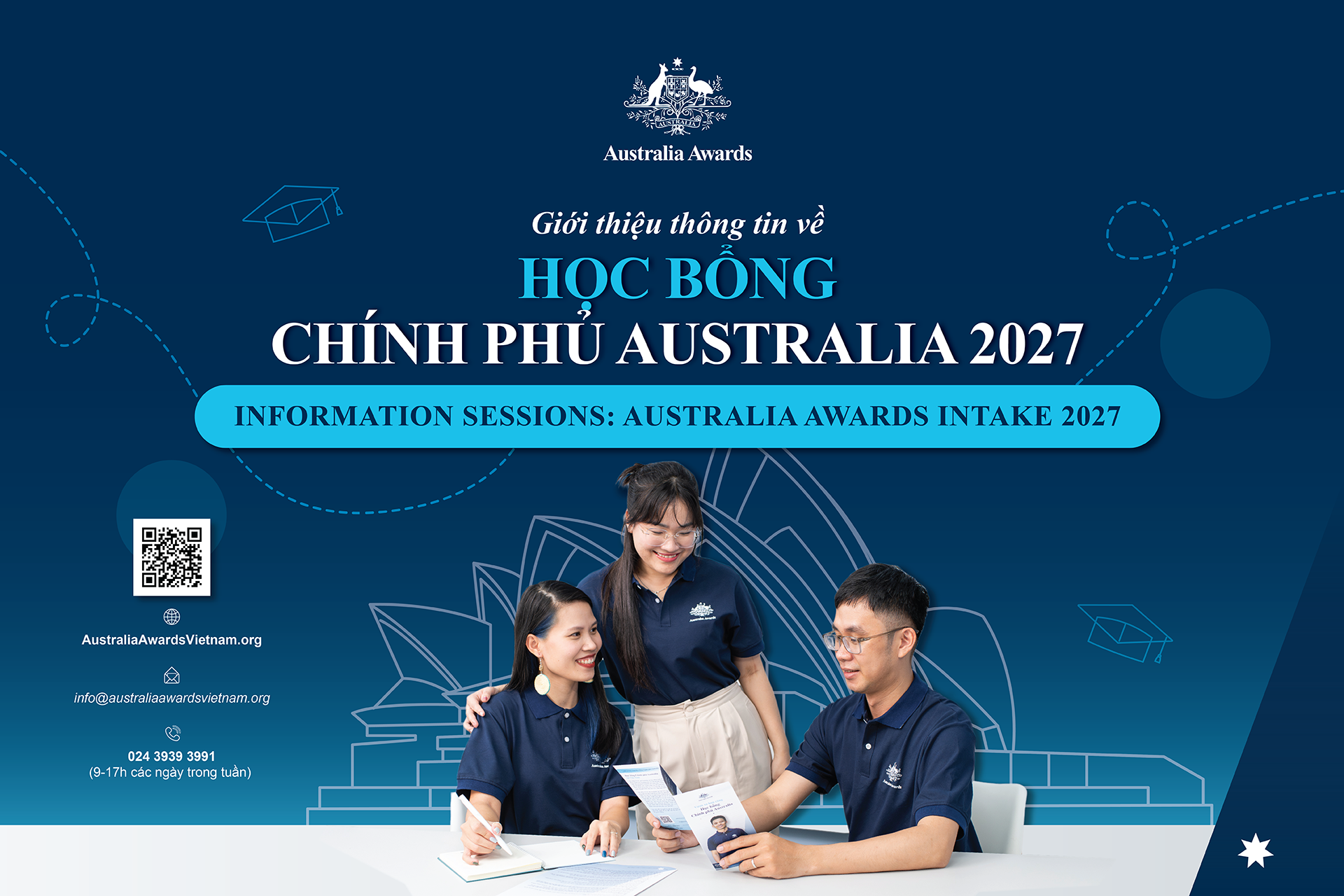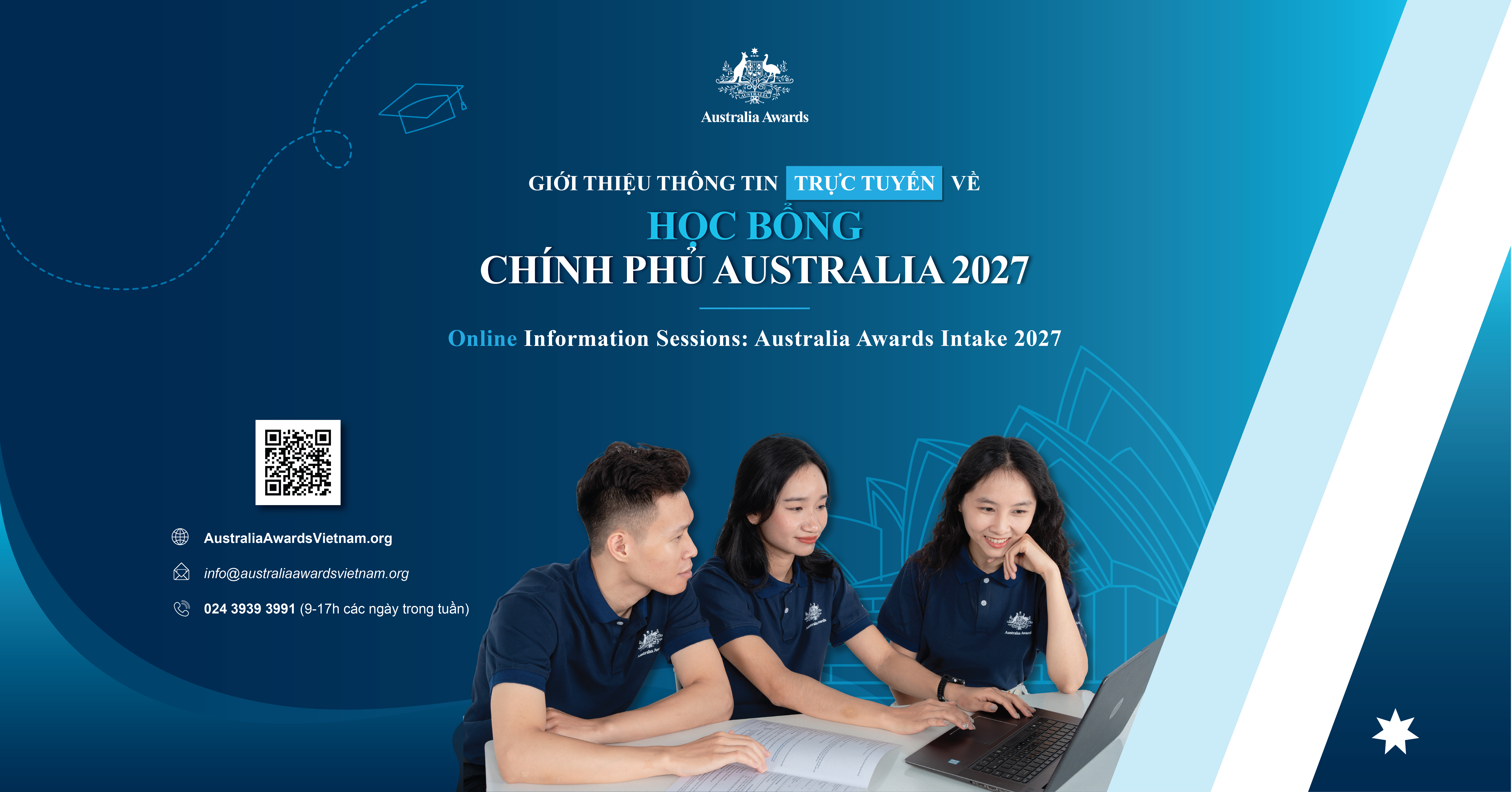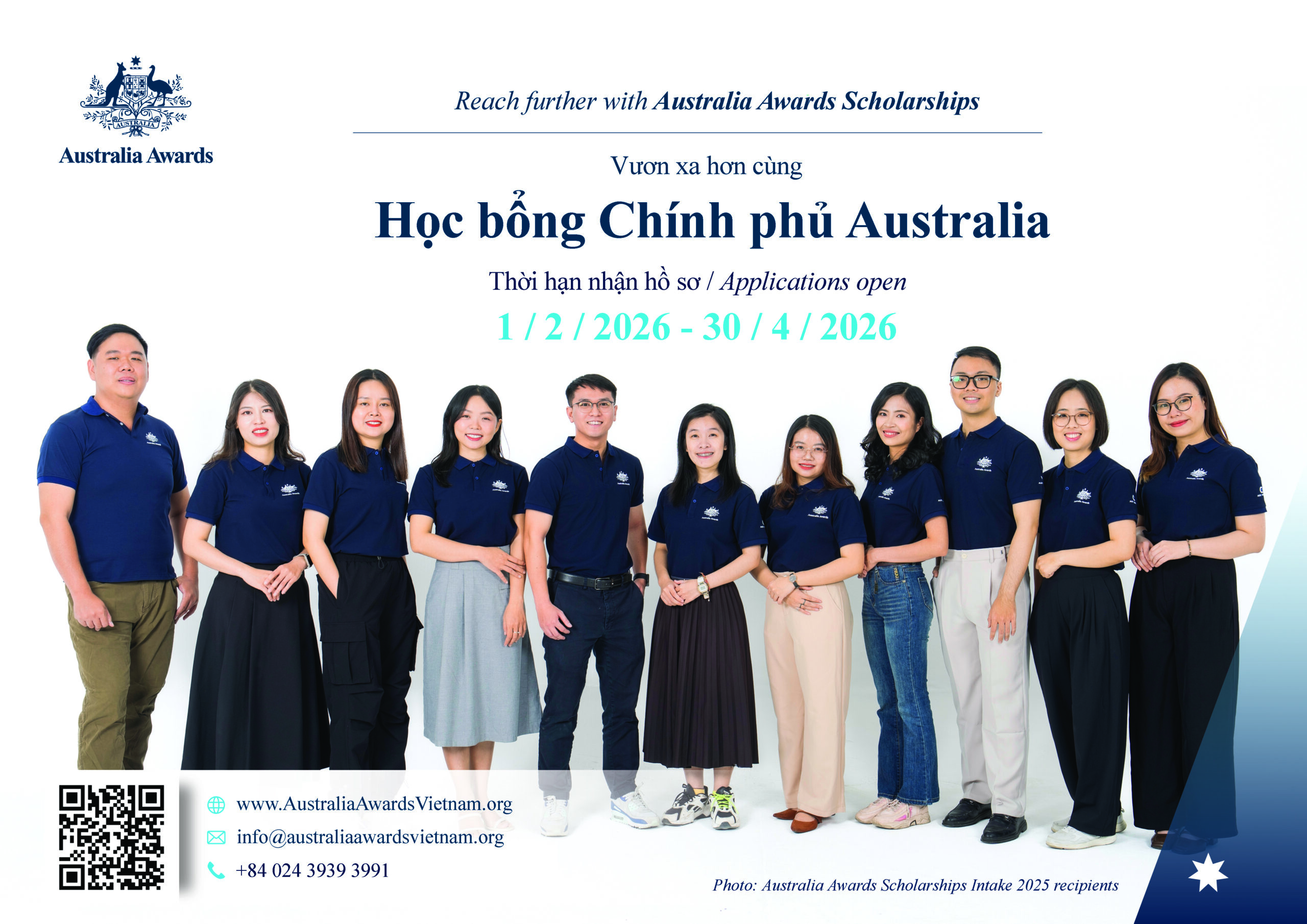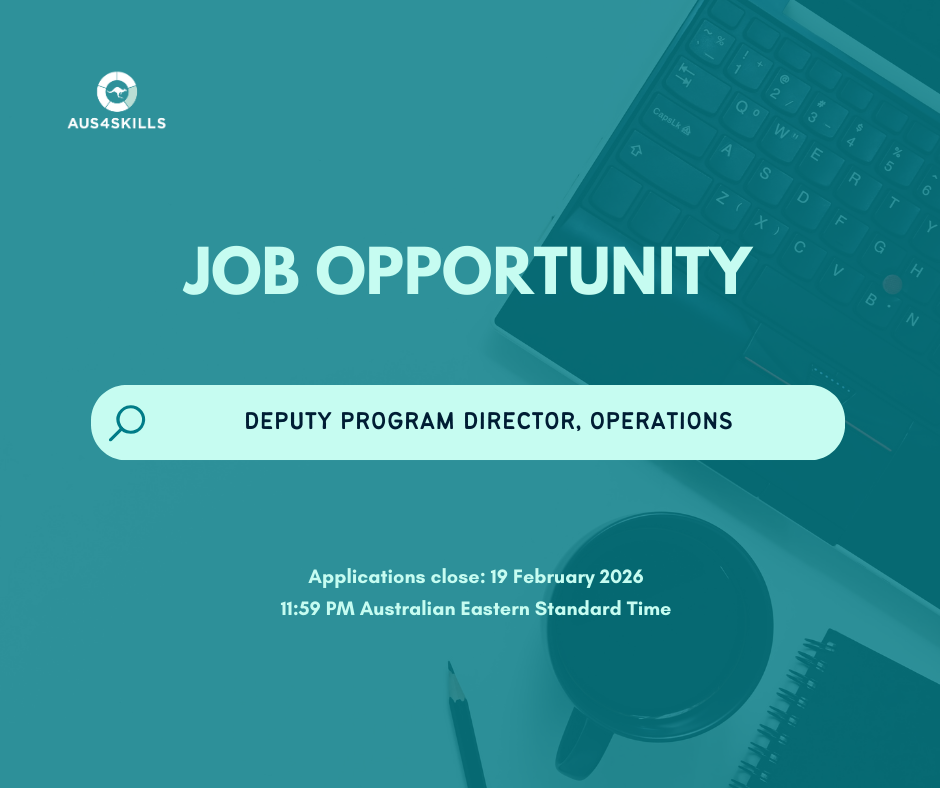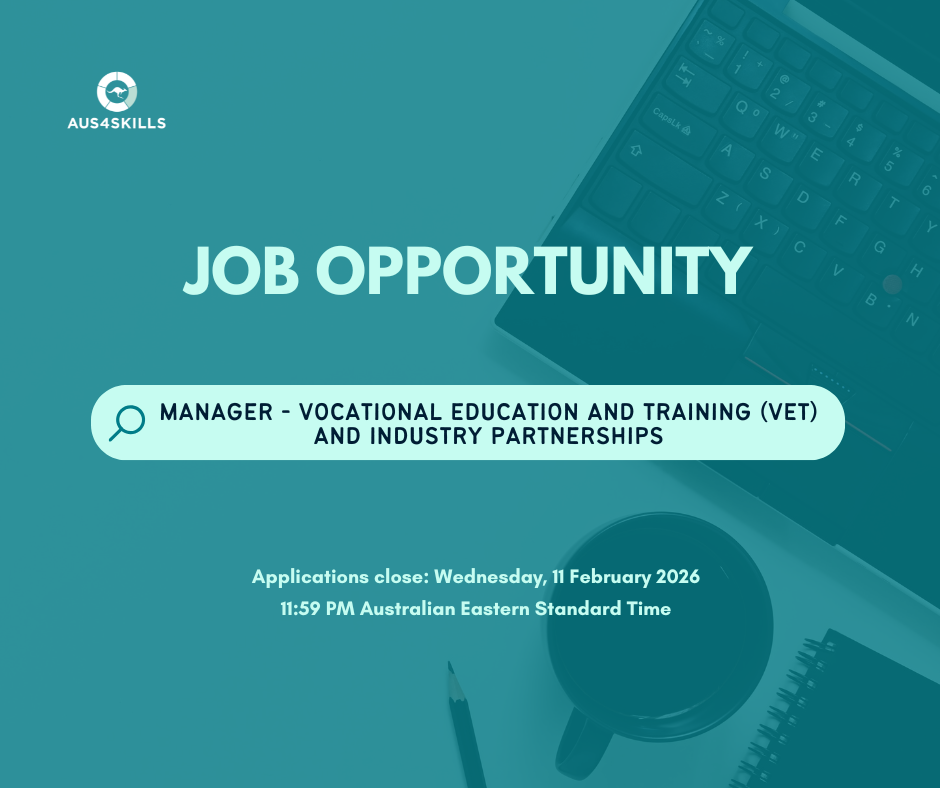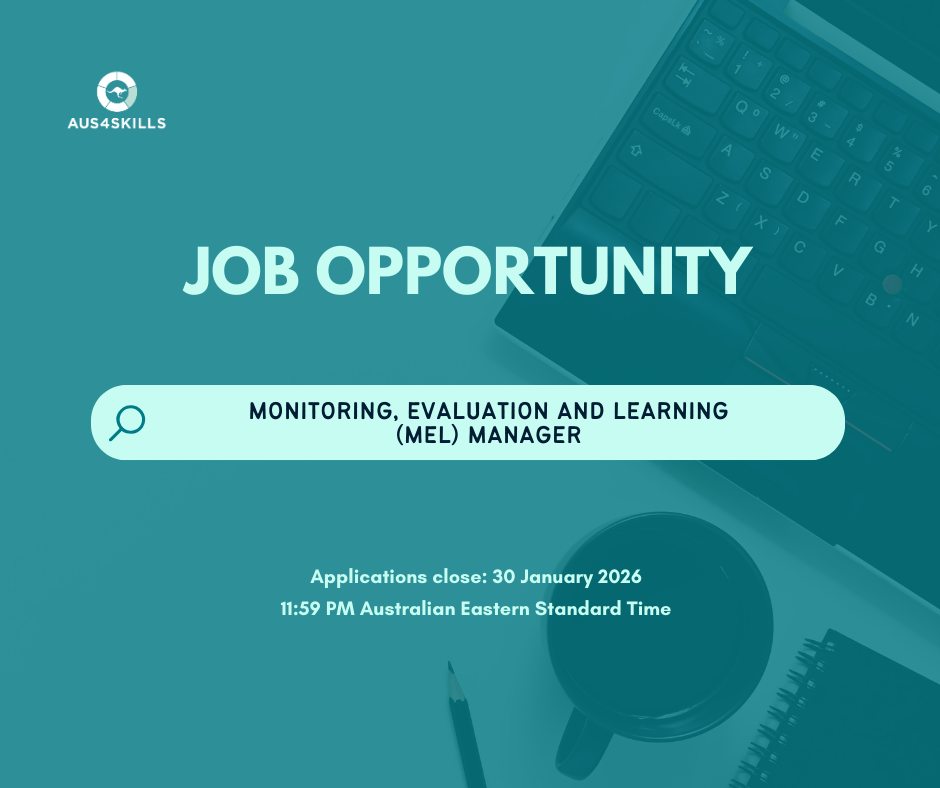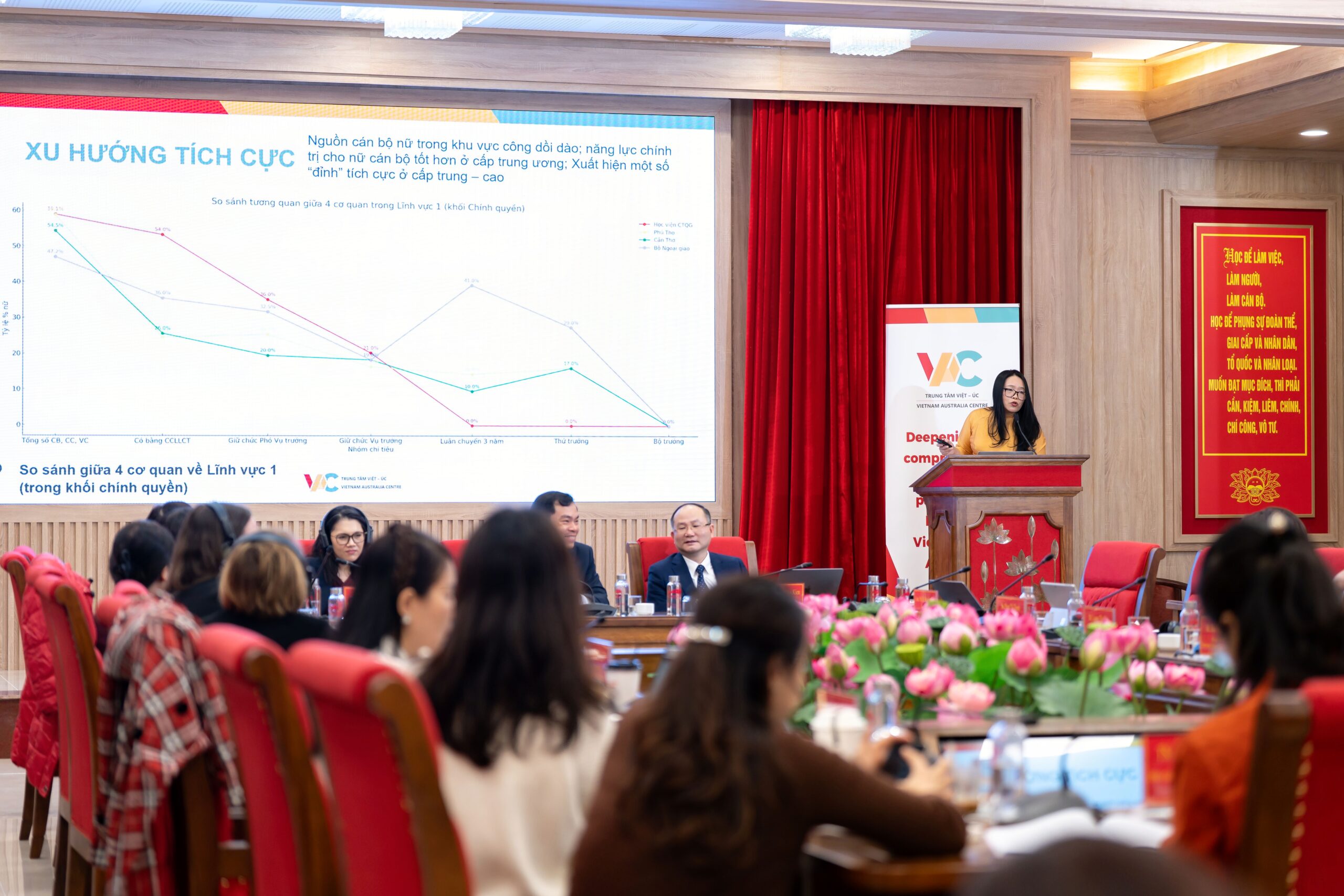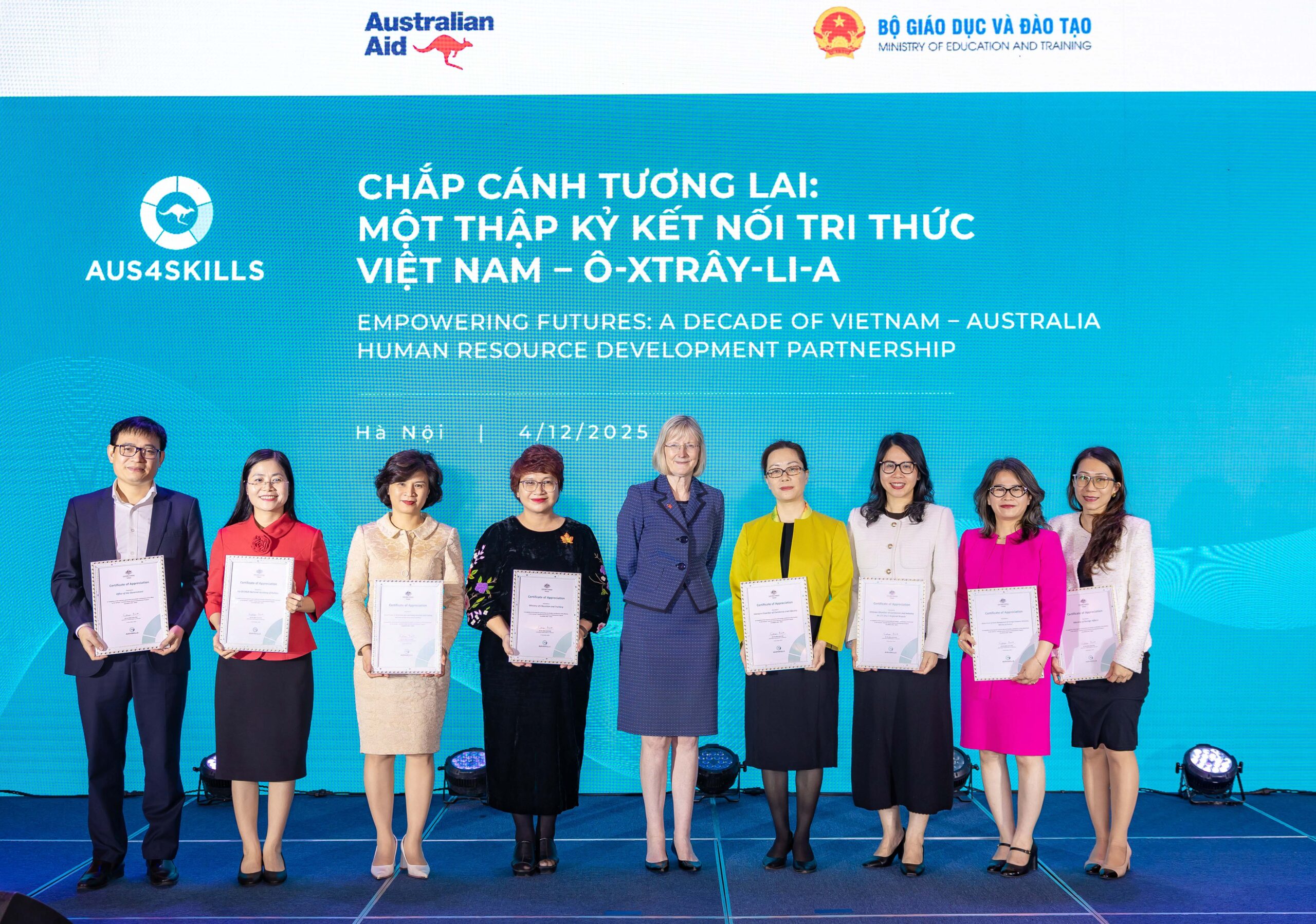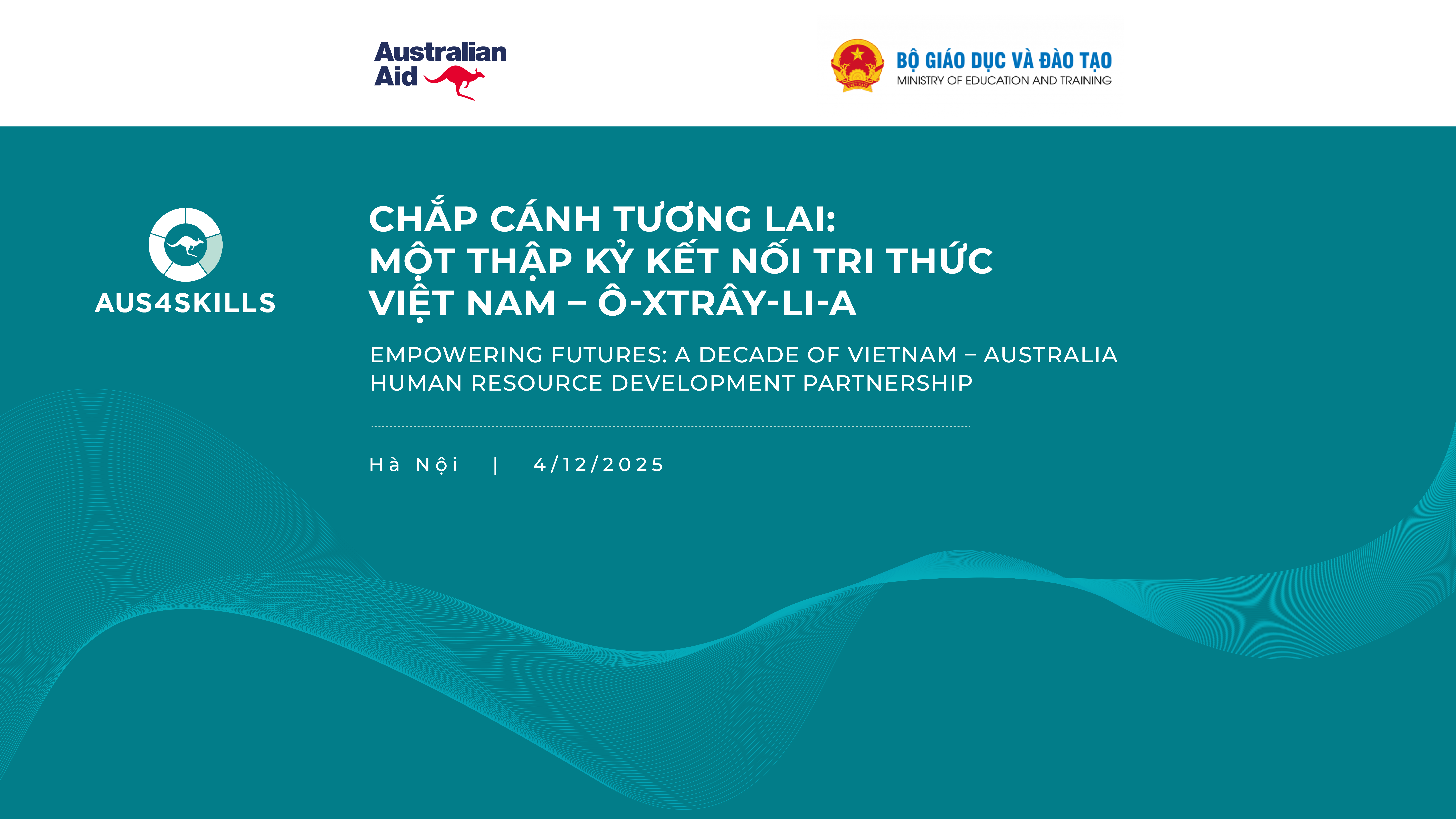TPO – Among occupational skills, self-study, flexibility and adaptability to working environments and work requirements are highly required by employers.
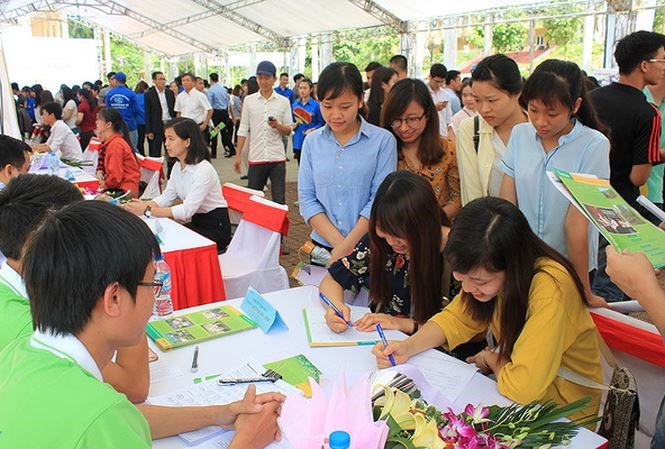
Vietnamese students lack some skills which are considered necessary by recruiters
Although universities have added occupational skills to their curriculum, recruiters pointed out the insufficiency in these important skills among almost all graduates. This is the conclusion of research conducted by Australian and Vietnamese experts on Demand for Occupational Skills in Human Resources in the Northern Mountainous Region in Vietnam. This research is under the QUNIS component (Improving Quality of Universities in Northern Mountainous Region) of the Aus4Skills program.
The research team includes Associate Professor Tran Thi Ly, School of Education, Deakin University and an Australian Research Council Future Fellow (2017 – 2021), Australian Research Council; Doctor Ngo Thi Hang Nga, Director of Centre for Ethnic Cultural Research for Northwest region, Tay Bac University; Doctor Nguyen Thi Mai Hoa, Senior Lecturer, School of Education, The University of New South Wales, Australia.
The researchers conducted intensive interviews with 40 employers who are directors, heads of human resources departments, human resource officers, and representatives from provinces, including the Director of Home Affairs Department, Provincial Party Committee Chairman, President/Vice President of business associations.
The research results showed skills sets, knowledge, and characteristics which are considered as necessary for occupational performance by the recruiters.
In particular, in terms of occupational skills, the employers require flexibility and adaptability; self-study and continuous professional learning; interactive skills (communication, presentation, cooperation, debate, and relationship building); problem-solving skills; information and technology skills; foreign languages; creativity/start-up/self-employment; self-management and organization skills; career development skills.
In terms of knowledge, students are expected to obtain professional education, practical understanding, inter-cultural and local knowledge.
Other requirements for job candidates are professional ethics, passion and devotion, understanding, sympathy, attachment, responsibility, respect, etc.
What are Vietnamese students missing?
According to the research team, among occupation skills, self-study, flexibility and adaptability to work environment and work requirements are pointed out by the recruiters.
The research also highlighted a challenge that, although universities have added occupational skills into their curriculum, recruiters confirm the insufficiency of these important skills among almost all graduates.
This research illustrates the importance of establishing a more systematic and comprehensive cooperation network among stakeholders, especially students/their family, universities, recruiters and employers, and the community, to renew curriculum and support students in occupational competence improvement.
According to Assoc. Prof. Tran Thi Ly, a necessary method which improves occupational competencies in students is instructing and helping new students to develop a personal plan and professional portfolio.
It is necessary to help them fully recognize their needs and expectations about occupational skills, how to develop them through activities at the university and in the community, and how to “prove” their occupational skills competence.
Professional portfolio depends on specialization and orientation of each individual, it can comprise (but not limited to) knowledge, learning results, skills, experiences, and personalities.
Based on these findings, the research team provided some recommendations in which they proposed to renew curriculum by integrating occupational skills development into the curriculum in a more effective and integrated manner.
It is suggested to integrate occupational skills development into the course objectives, course contents, pedagogical methodology, learning activities, learning evaluation methods and graduation criteria.
It is proposed that universities cooperate or consult with recruiters in designing subjects, adding practical experiences associated with learning contents; integrating projects or problem-solving exercises into learning activities that develop not only professional understanding but also occupational skills. In addition, enhancing interaction among students, between students and the community, and organizing extracurricular activities, etc. are also recommended.
Source: Translation of an article on Tien Phong online newspaper






